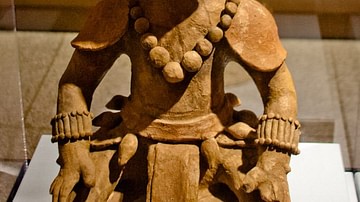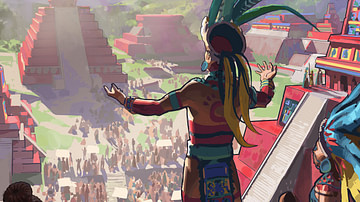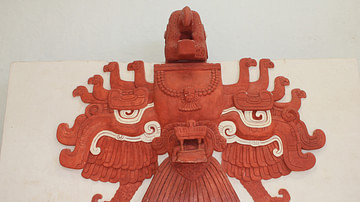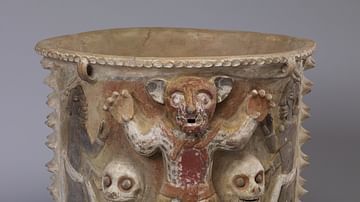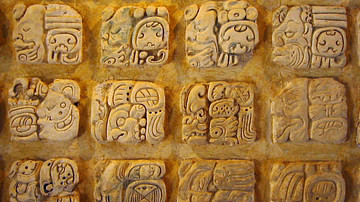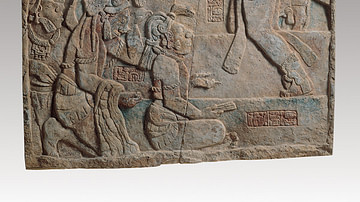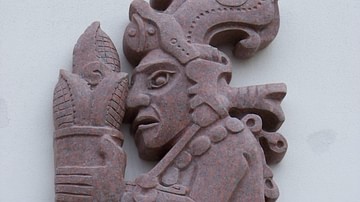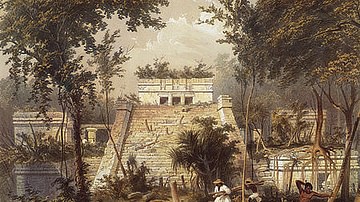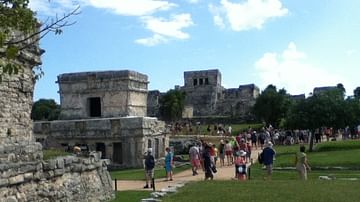Server Costs Fundraiser 2024
Help our mission to provide free history education to the world! Please donate and contribute to covering our server costs in 2024. With your support, millions of people learn about history entirely for free every month.
$3926 / $18000
Collection
Maya religion and culture is among the most advanced and sophisticated of the Pre-Colombian Americas as evidenced by the ruins of their great cities and what remains of their writings after most were burned by the Spanish in 1562. The Maya continue to live in the same regions today as in the ancient past.
This collection presents a brief survey of some of the most significant aspects of the ancient Maya Civilization.
Questions & Answers
Did the Maya really vanish?
- No. The Maya today still live in the same regions as their ancestors.
Where did the Maya live?
- The Maya Civilization flourished in modern-day Yucatan, Quintana Roo, Campeche, Tabasco, and Chiapas in Mexico and southward through Guatemala, Belize, El Salvador and Honduras.
How long did the Maya civilization last?
- The Maya Civilization lasted from 250-1524.
Did the Spanish Conquest lead to the abandonment of the Maya cities?
- No. The Maya had abandoned their cities before the arrival of the Spanish. The reasons are unknown but the people probably left the cities due to overpopulation and climate change leading to a loss of resources, especially clean water.
Subscribe to this author
About the Author
![Joshua J. Mark]()
Joshua J. Mark is World History Encyclopedia's co-founder and Content Director. He was previously a professor at Marist College (NY) where he taught history, philosophy, literature, and writing. He has traveled extensively and lived in Greece and Germany.
Free for the World, Supported by You
World History Encyclopedia is a non-profit organization. For only $5 per month you can become a member and support our mission to engage people with cultural heritage and to improve history education worldwide.
Become a Member
Donate
License & Copyright
Uploaded by Joshua J. Mark, published on 25 April 2024. The copyright holder has published this content under the following license: Creative Commons Attribution-NonCommercial-ShareAlike. This license lets others remix, tweak, and build upon this content non-commercially, as long as they credit the author and license their new creations under the identical terms. When republishing on the web a hyperlink back to the original content source URL must be included. Please note that content linked from this page may have different licensing terms.
